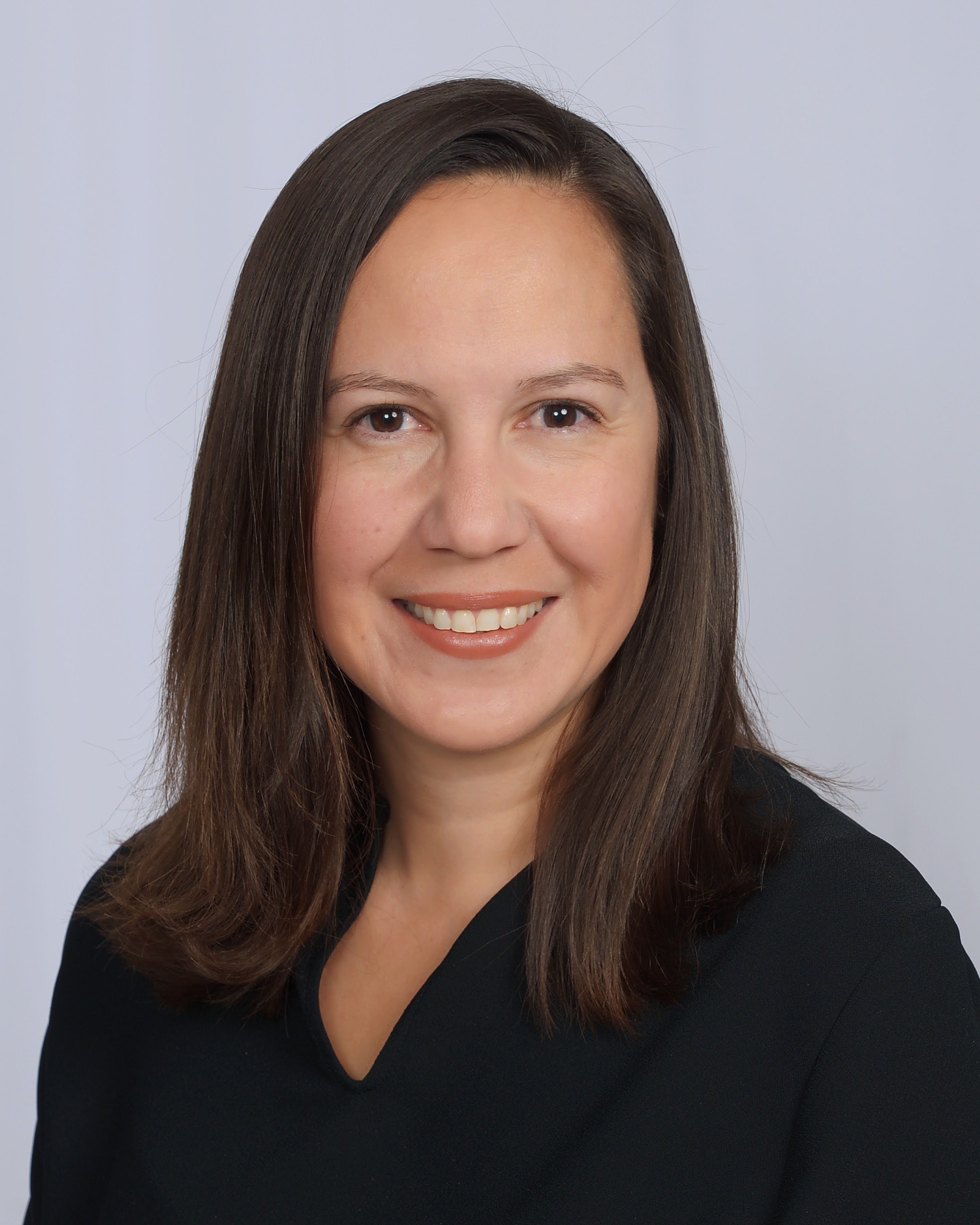Speech-language pathology professor continues research on mild traumatic brain injury in veterans

By Kate Hunger
Department of Communication Sciences and Disorders Assistant Professor Rocío Norman, Ph.D., CCC-SLP, is beginning the second year of a three-year research project through the Mentored Research Career Development (KL2) Program in Clinical and Translational Science.
Norman is using the grant to continue her program of research related to language in people with mild traumatic brain injury. She is also furthering her training in three different areas of research within that scope. These research areas include:
• Discourse in language
• The mechanism of language performance by studying brain waves using evoked response potential (ERP)
• Translational research using both quantitative and qualitative measures to understand how people with brain injuries feel about their performance in communication and to ask them what they think the problem is and what is difficult for them
To enable her work a KL2 Scholar, Norman’s teaching load has been reduced so that she can focus 75% of her time on her research. Norman was selected as a KL2 Scholar by UT Health San Antonio’s Institute for Integration of Medicine and Science (IIMS). The KL2 grant program is funded by the National Institutes of Health National Center for Advancing Translational Science.
As another part of her research on mild traumatic brain injury, Norman co-authored an article published in June by the Journal of Head Trauma Rehabilitation. The article shared findings from a study of a cohort of veterans in the Chronic Effects of Neurotrauma Consortium (CENC) Epidemiology Study who were deployed in post-9/11 conflicts and received mild traumatic brain injuries.
“They have the same type of injury and health care, so we are looking at how different groups cluster in terms of their eventual recovery or if they worsen over time,” Norman said.
Researchers classified the veterans according to the following phenotypes: moderately healthy, moderately healthy with a decline, mental health, polytrauma with improvement, and polytrauma. Norman noted that the group with the worst outcomes was the polytrauma phenotype.
“This gives us a method to identify people early on who fit into these categories and make our treatments as precise as possible,” she said.
“We can learn from the people who improve,” she said. “What it is about their care or themselves or their demographics? What can we do early on to make sure everybody who comes in with a mild traumatic brain injury can be on that trajectory for improvement or maybe the point there is not a decline in their care?”